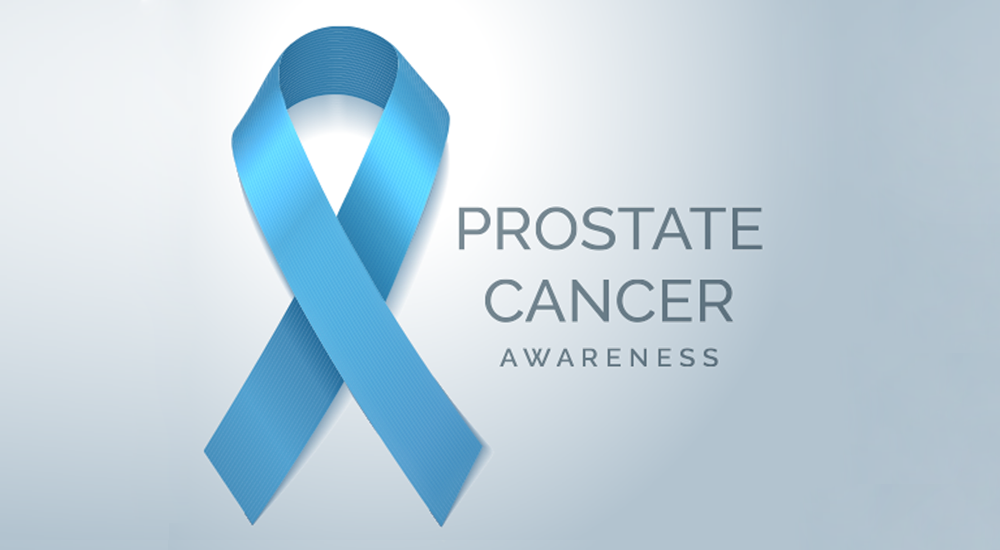Share

PROSTATE CANCER
By Victoria Healthcare 11 April 2019

The prostate is a gland in men that makes a liquid that forms part of semen. Its size is about 2 centimeters by 2 centimeters and it is located in the pelvic area, between the bladder and the rectum. The prostate needs a male hormone called testosterone to work normally.
Signs of Prostate Cancer
You may not have any signs.
Some men have:
- The need to urinate more often, especially at night
- A hard time starting to urinate or holding back urine
- Weak flow of urine
- Pain or burning with urination
- Painful release of semen through the penis during sex
- Blood in the urine or semen
- Pain or stiffness in the lower back, hips or upper thighs
See your doctor if you have any of these signs.
Risk Factors for Prostate Cancer
You are at higher risk for prostate cancer if you:
- Are over age 50
- Have a father or a brother who has had prostate cancer
- Are of African descent
- Eat a diet high in animal fat
Testing for Prostate Cancer
Talk to your doctor about testing for prostate cancer. Yearly check-ups with your doctor are important to look for early cancers generally. Tests that should be done each year for men over age 50, or men of African descent over age 40, include:
- PSA (prostate-specific antigen) blood test
The level of PSA in the blood is high in men who have prostate cancer.
- Rectal Exam
Your doctor inserts a lubricated, gloved finger into your rectum to feel for hard or lumpy areas in your prostate.
If your test shows that you may have prostate cancer, other tests may be needed. A small amount of the prostate tissue may be removed to check for cancer cells. This is called a biopsy.
If you have prostate cancer, your doctor will talk to you about your treatment choices. These may include:
- Surgery
- Radiation
- Chemotherapy
- Hormone therapy
- Watchful waiting
Source: healthinfotranslations.org


